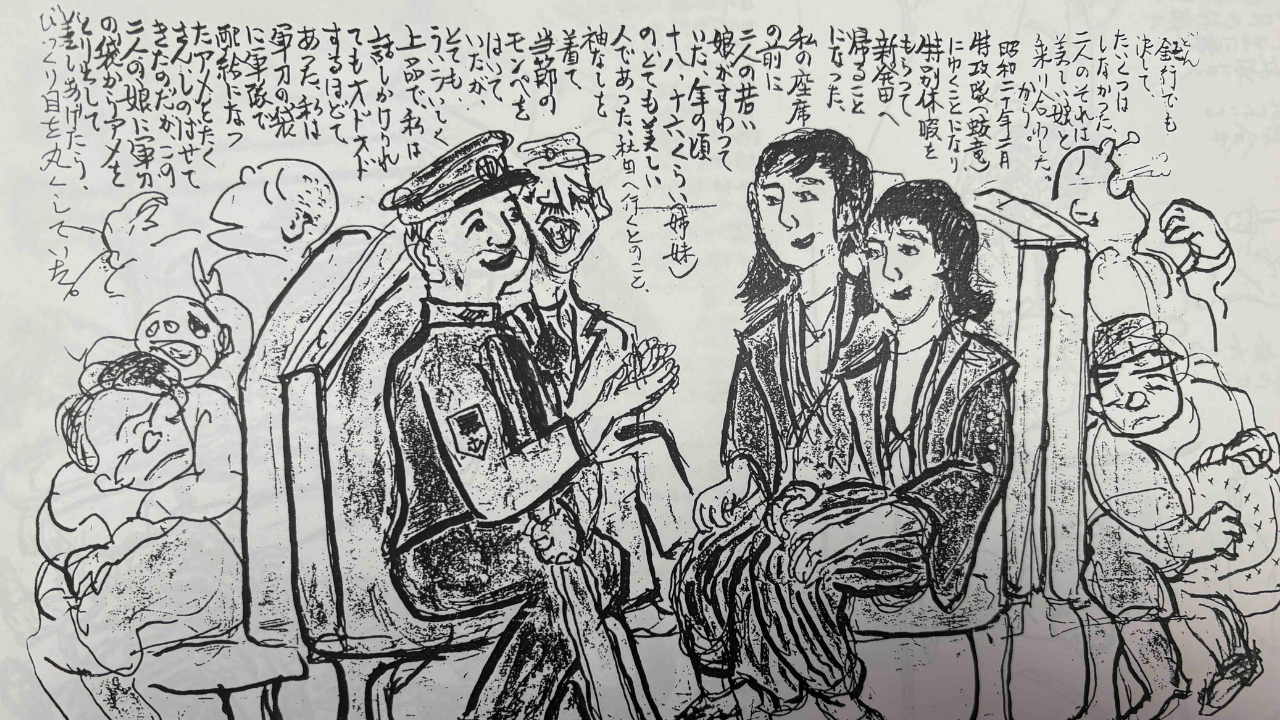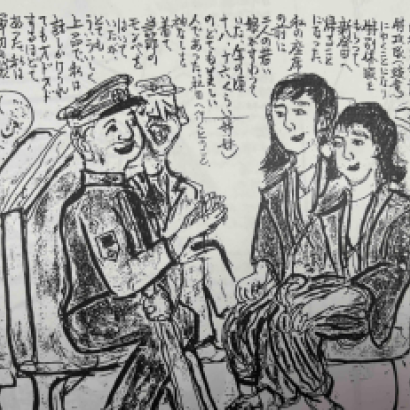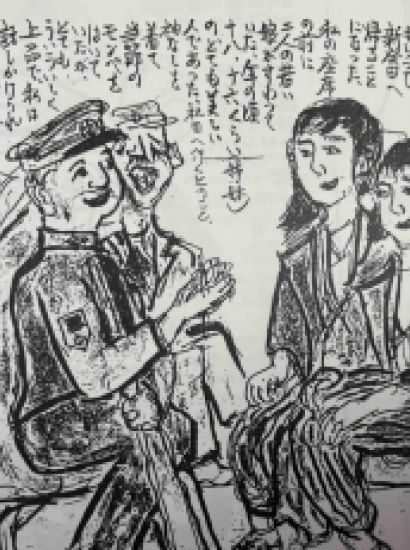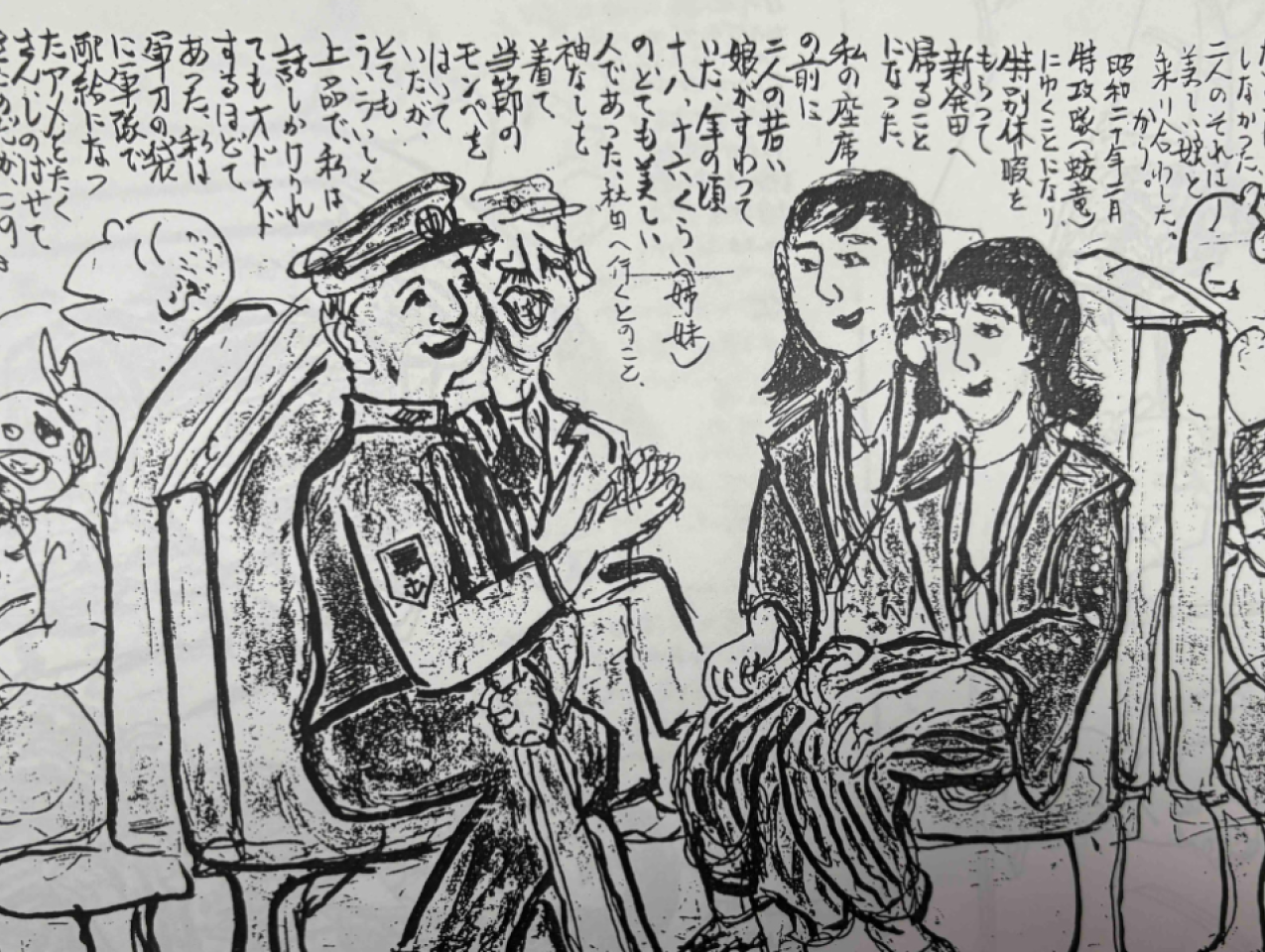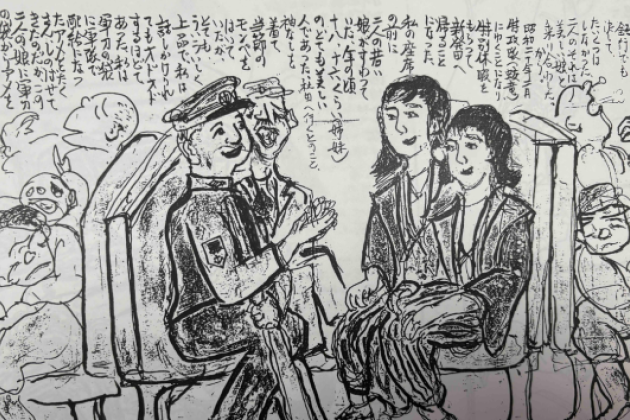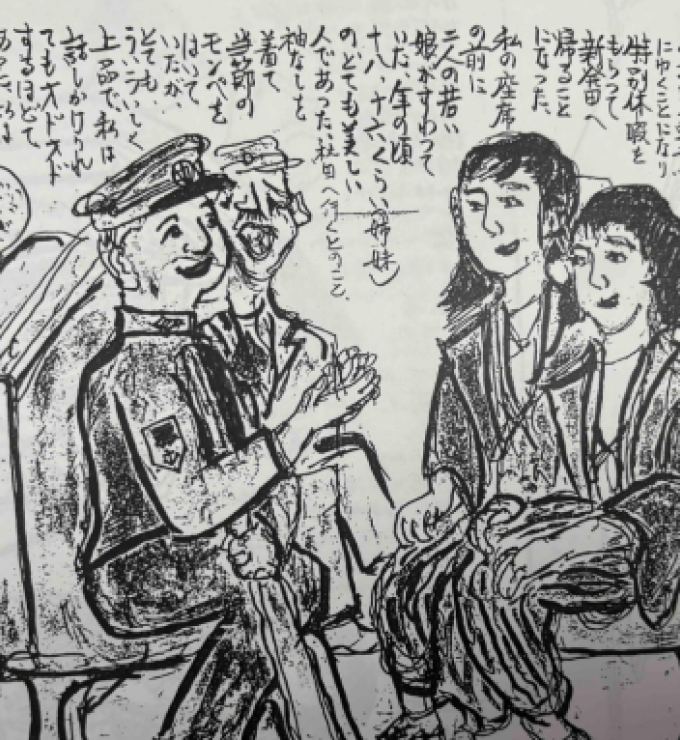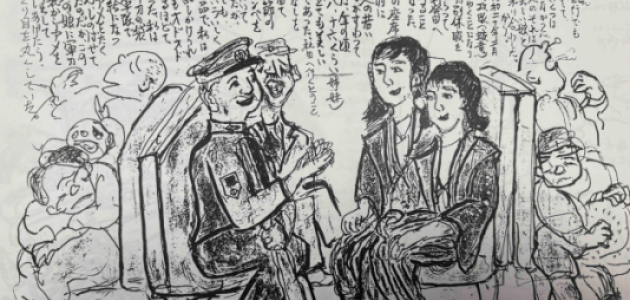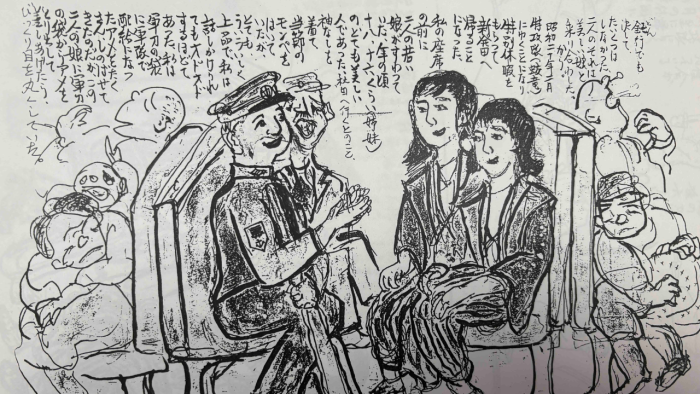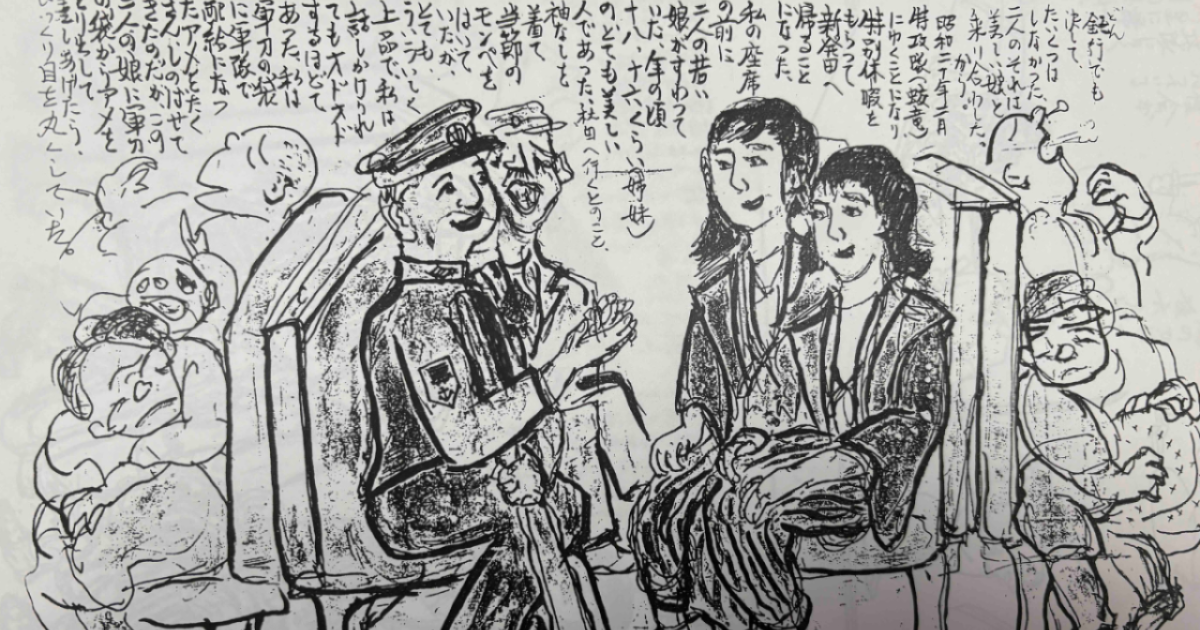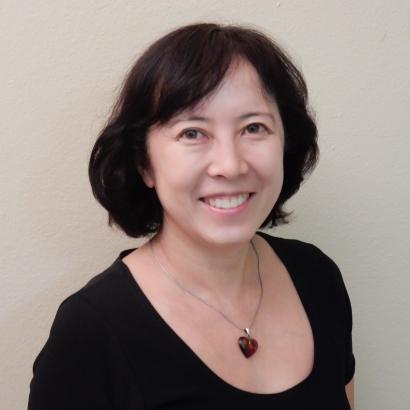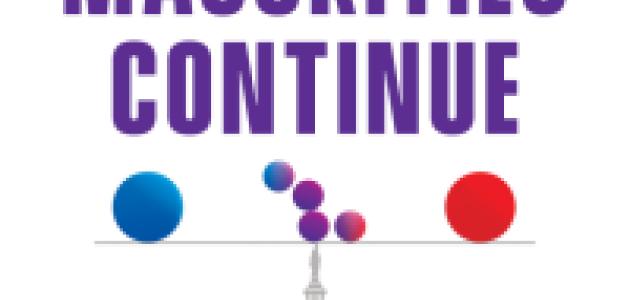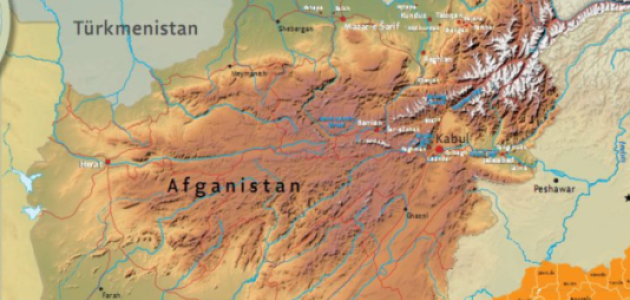Hoover Institution, Stanford University — The Hoover Institution has recently acquired selected collections from the former Yokaren Shiryōkan (Naval Aviator Preparatory Course Museum) in Ōita Prefecture, Japan. The acquisition provides a unique and intimate window into the lives of young naval aviators — many of whom later served as kamikaze pilots during the final stages of World War II.
The Yokaren program (short for Yokaren Shūrensei) was inaugurated in 1930 by the Imperial Japanese Navy to meet the increasing demand for skilled aircrew. The program selected boys aged approximately fourteen to seventeen from across Japan through a national examination. Official sources note that during the program’s fifteen-year history, 24,000 trainees completed the curriculum and became combat pilots. Prior to the war’s end, many Yokaren graduates were mobilized into tokkōtai (special attack) units, and a considerable number did not survive.
The collection now held by Hoover was originally assembled by Kawano Kiichi, a kamikaze mission survivor. In 1988, Kawano founded a small museum in his home in Ōita City, driven by a desire to memorialize his comrades and ensure that future generations would remember their lives and sacrifices — not to glorify war, but to promote reflection and peace. With the museum’s closure in 2024, its holdings were transferred to the Ōita Gokoku Shrine; many key items have now been entrusted to Hoover for preservation and digitization.
The collection includes photographs, personal letters, diaries, wartime memorabilia, and other artifacts — among them last letters written by kamikaze pilots, flight training materials, uniforms, and intimate documentation of daily life during training and mobilization. According to documentation of Yokaren collections, many of the displayed letters and diaries convey the mixed emotions of hope, fear, patriotism, and sorrow felt by these young men.
By acquiring this collection, Hoover aims to preserve these historical records and make them available for researchers, educators, and the general public. The materials allow historians to explore critical themes such as the militarization of youth, wartime ideology, social pressure and coercion, and the human cost of suicide attack missions.
Because Yokaren trainees were often in their mid-to-late teens, these materials offer an opportunity to study how states mobilize adolescent populations for total war, and how those individuals and their families experienced, suffered, and remembered that mobilization.
Hoover will digitize the materials for inclusion in its digital collections portal, ensuring secure long-term preservation and broad accessibility for scholars worldwide.




